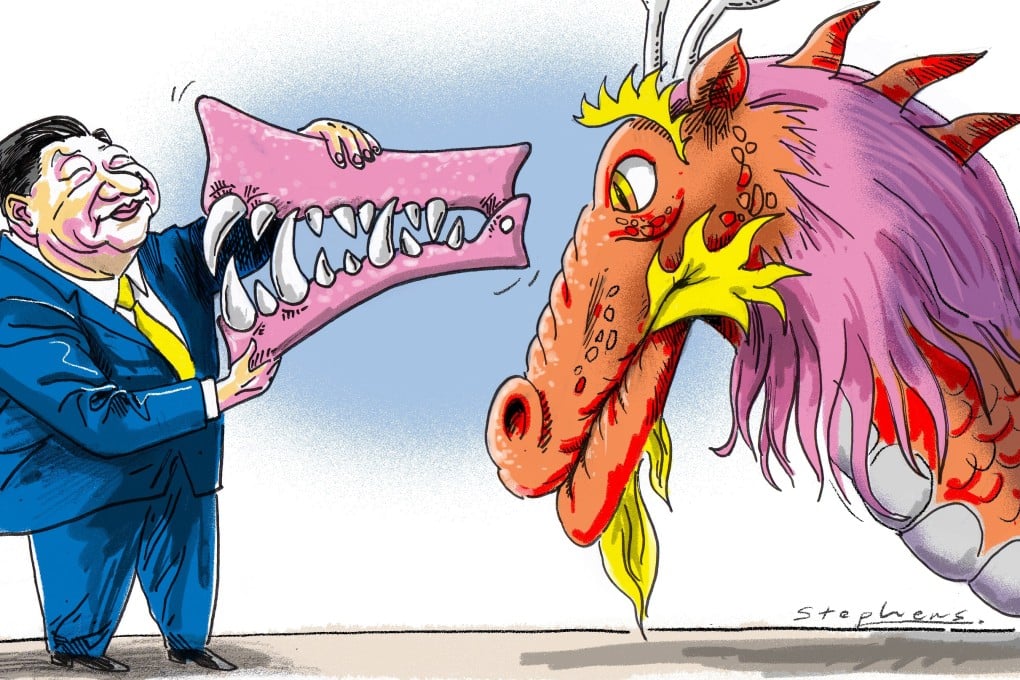Advertisement
Opinion | China at 70 faces three challenges: Taiwan, the US and Hong Kong. Can Xi Jinping deliver?
- China’s relationships with Taiwan, the US and Hong Kong threaten not only the stability of the nation, but its very survival
- It remains to be seen whether President Xi can resolve these inherited problems and make China strong again
Reading Time:4 minutes
Why you can trust SCMP

This year marks the 70th anniversary of the founding of the People’s Republic of China. Beijing is busy preparing for this momentous occasion, carefully planning which weapons to display in the annual military parade, but even these celebrations cannot distract the people from the slew of issues currently facing the nation.
China is struggling to bear the burden of its numerous policy and strategy failures. There are three major issues that the country has to successfully confront if it wishes to preserve itself.
The first is the relationship with Taiwan, which is currently at its lowest point in years. As of 2016, at least 64 per cent of Taiwanese felt China would use economic ties to force political concessions. China’s strategy of romancing Taiwan through economic incentives clearly hasn’t worked.
The Democratic Progressive Party (DPP) has increased its popularity by standing against Beijing, and even the Kuomintang (KMT), the generally pro-Beijing party in Taiwan, has distanced itself from Beijing in an attempt to regain some power. Beijing and Taipei are moving further apart.
The Taiwan controversy can be traced back to Mao Zedong’s failure to secure Taiwan from Chiang Kai-shek. After driving the Nationalists out of China, Mao had planned an invasion into Taiwan to put down the KMT once and for all.
Advertisement
However, he intended to first weaken the KMT from the inside out, but his plan was interrupted by the Korean war. When North Korea invaded the South, US president Harry Truman not only agreed to support South Korea, but also ordered the US Navy to stop any potential Chinese invasion of Taiwan. Had Mao struck while the iron was hot, we would not be debating the meaning of “China” in 2019.
Now, China is at an impasse with Taiwan, largely because of the United States’ continued involvement. It has contained the conflict via strategic ambiguity. Because of the wording of the Taiwan Relations Act, Taipei cannot declare independence because it is unsure that the US would be willing to support it militarily if it did so. At the same time, Beijing cannot move to take Taiwan against its will because that would risk US military involvement.
This brings us to the second issue facing China: its relationship with the US, which has turned extremely hostile lately.
Advertisement
Advertisement
Select Voice
Select Speed
1.00x
